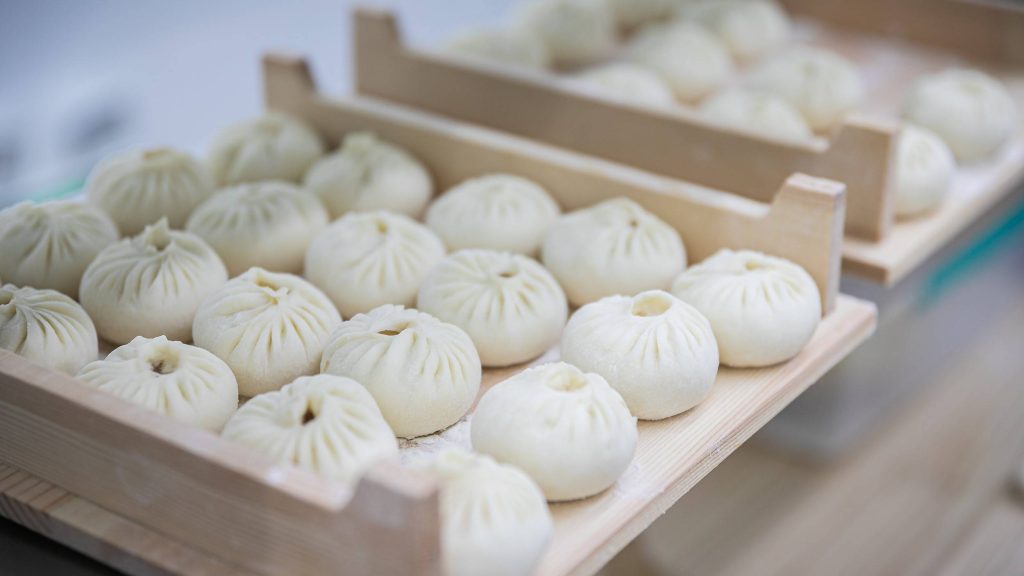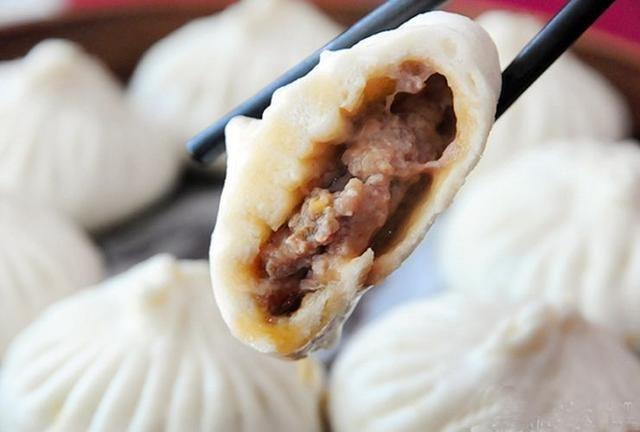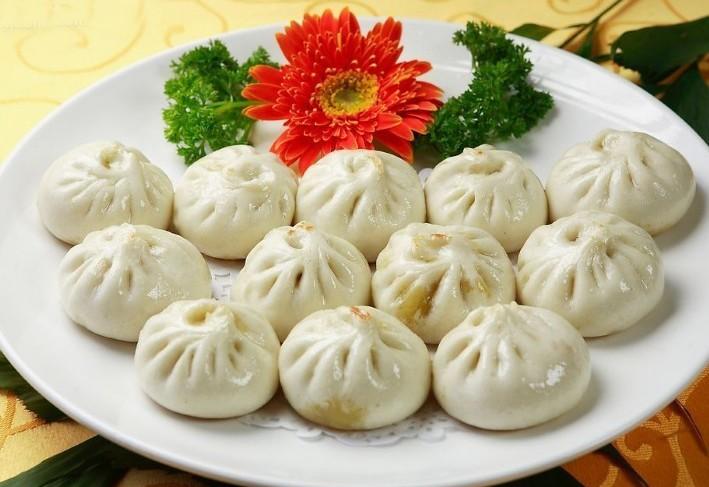In the vibrant tapestry of Chinese culinary history, few names shine as brightly as the iconic “Goubuli Baozi.” Known as one of the “Three Delicacies of Tianjin,” these steamed buns have captured the palates and imaginations of food lovers both domestically and internationally. The curious name, which translates to “Dog Doesn’t Care” in English, has an intriguing origin that dates back to the Qing Dynasty.
The Humble Origins
The story of Goubuli Baozi begins in 1858, during the reign of Emperor Xianfeng. In Yang Village of Wuqing County, Hebei (now Wuqing District, Tianjin), a young boy named Gao Guiyou, affectionately known as “Gouzi,” embarked on a journey that would eventually etch his name into culinary legend. At the tender age of 14, Gouzi moved to Tianjin to apprentice at Liu’s Steamed Bun Shop by the banks of the South Canal. Showing a natural aptitude and diligent work ethic, Gouzi honed his craft under the guidance of experienced masters.
After three years of rigorous training, Gouzi had mastered the art of making baozi. With confidence in his skills, he ventured out on his own, establishing a small eatery named “Deju Hao.” Gouzi’s recipe was simple yet beautifully crafted: he used minced pork mixed with water, enriched with bone broth or tripe soup, seasoned with sesame oil, special soy sauce, finely chopped ginger, and diced green onions. The dough was semi-leavened, and each bun was meticulously shaped to a precise diameter of 8.5 centimeters and folded into 18 pleats that resembled a chrysanthemum blossom.

Rising to Fame
Gouzi’s baozi quickly gained a reputation for their extraordinary flavor and delicate texture. He was a perfectionist; each bun was soft, fragrant, and strikingly beautiful. Word of his culinary prowess spread far and wide, drawing customers from every corner of the region. The business thrived, and the young baozi maker found himself constantly busy, so much so that he had little time to converse with his patrons.
Customers, amused by his silent dedication, began to quip, “Gouzi sells baozi but doesn’t talk,” hence the moniker “Goubuli” (Dog Doesn’t Care). Over time, the original name of his shop faded from public memory, overshadowed by the catchy nickname that perfectly encapsulated his focused demeanor. Thus, the famed Goubuli Baozi was born, a name that stayed ever since.

Legacy and Innovation
Goubuli Baozi has endured and flourished, continuously evolving through 160 years of culinary innovation and cultural shifts. The brand has expanded into a diverse range of six major categories and over a hundred varieties of buns, earning accolades such as the “Gold Ding Award,” “China’s Best Snack,” and “International Famous Snack.” Celebrated worldwide, Goubuli Baozi stands as a testament to Tianjin’s rich gastronomic heritage and occupies a cherished place in China’s illustrious food culture.
These meticulously crafted buns are not just a delight to the senses but also bear witness to a slice of history, where dedication to one’s craft and cultural pride converge to create a timeless culinary masterpiece. Indeed, Goubuli Baozi remains a crown jewel in the treasure trove of Chinese cuisine.

